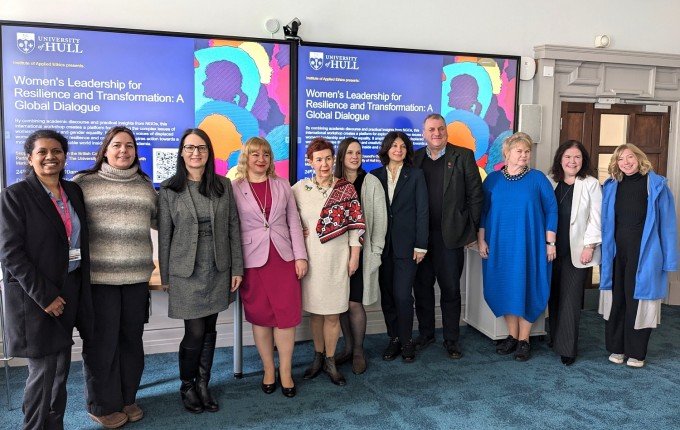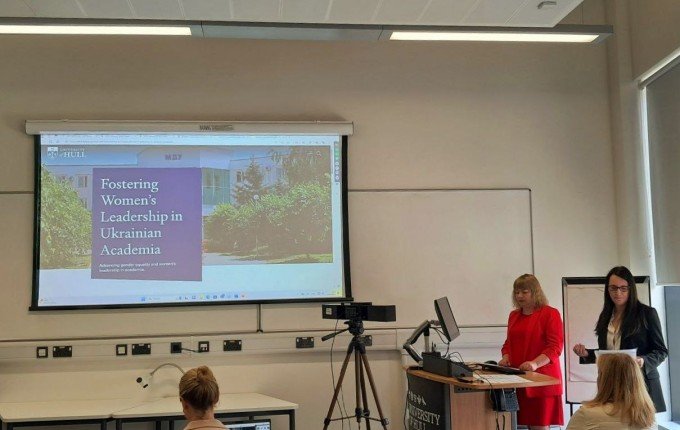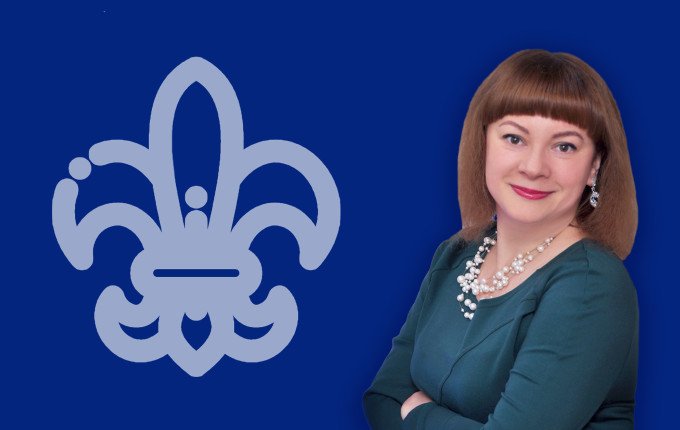Fostering Women’s Leadership in Ukrainian Academia. An Intersectional and Culturally Responsive Perspective

«Fostering Women’s Leadership in Ukrainian Academia. An Intersectional and Culturally Responsive Perspective»
Coordinator of the project: University of Hull (Great Britain), Mariupol State University
Duration of the project: March 21, 2024 – April 30, 2025
Financial Support: British Council
THE AIM OF THE PROJECT
To promote women's leadership, develop awareness of EDI and intersectionality, and create culturally responsive inclusive environments in the higher education system of Ukraine
PRINCIPAL OBJECTIVES OF THE PROJECT
- To share successful institutional practices and support initiatives that promote gender equality and leadership development in Ukrainian academia
- To design and implement the professional development course «Inclusive Leadership through Cultural Immersion» for university lecturers
- To encourage further collaboration between the UoH and MSU based on EDI values and intersectionality
Project implementation coordinator at Mariupol State University:
Natalia Marakhovska
[email protected]
PROJECT NEWS
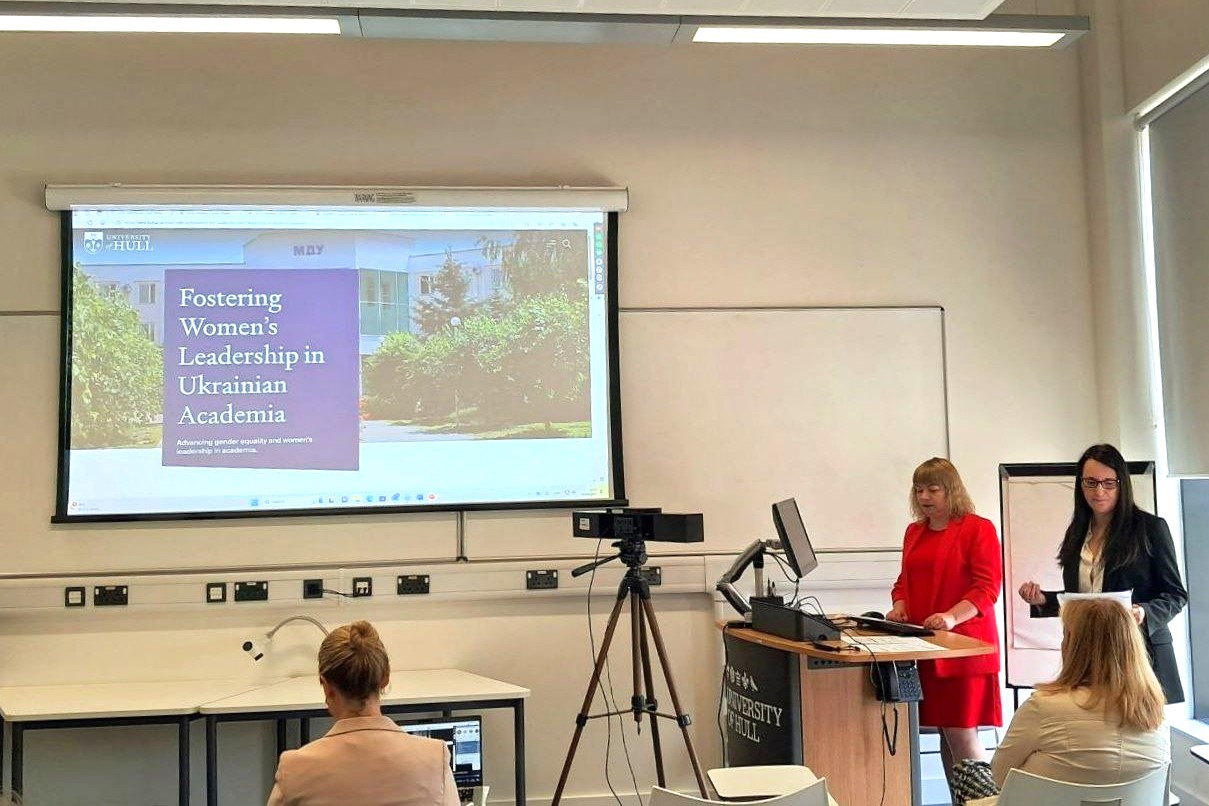
MSU assistant professor starts grant project implementation with the University of Hull
Mariupol State University and its partner in the framework of the British-Ukrainian Twinning initiative, the University of Hull, held a solemn event «Beyond Displacement/Exile: Building a Future for Women Leaders in Academia». The event commenced the author's project of educators from both educational institutions «Fostering Women's Leadership in Ukrainian Academia, an Intersectional and Culturally Responsive Perspective»
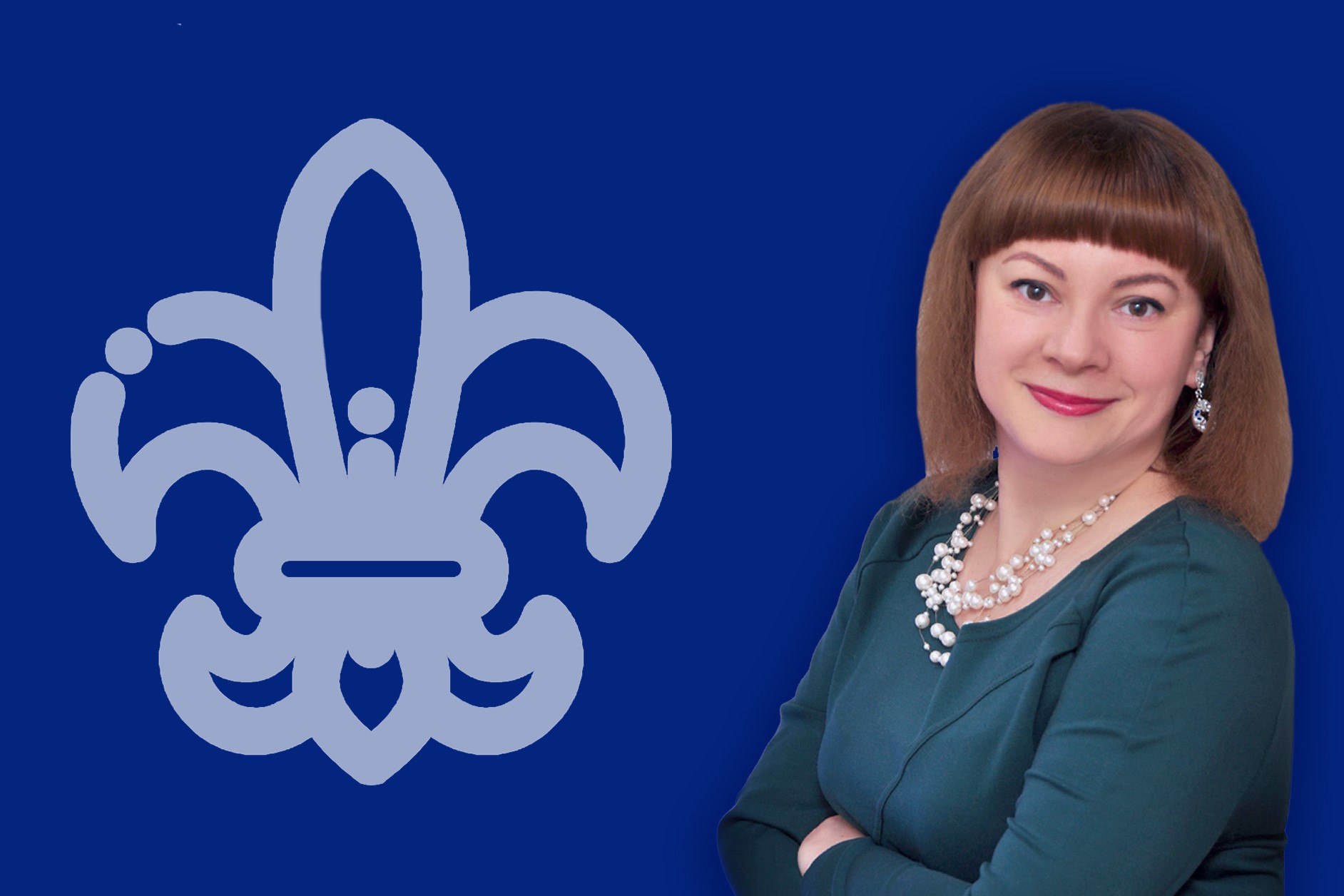
The associate professor of Mariupol State University received a grant for the project to strengthen female leadership
Natalya Marakhovska, associate professor of the Department of Romance and Germanic Philology, and Stella González-Arnal, senior lecturer at the School of Politics and International Studies, won a Gender Equality Partnerships grant from the British Council for the implementation of their joint project
news:
